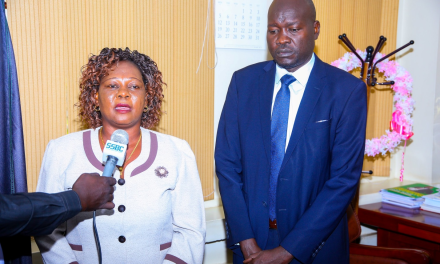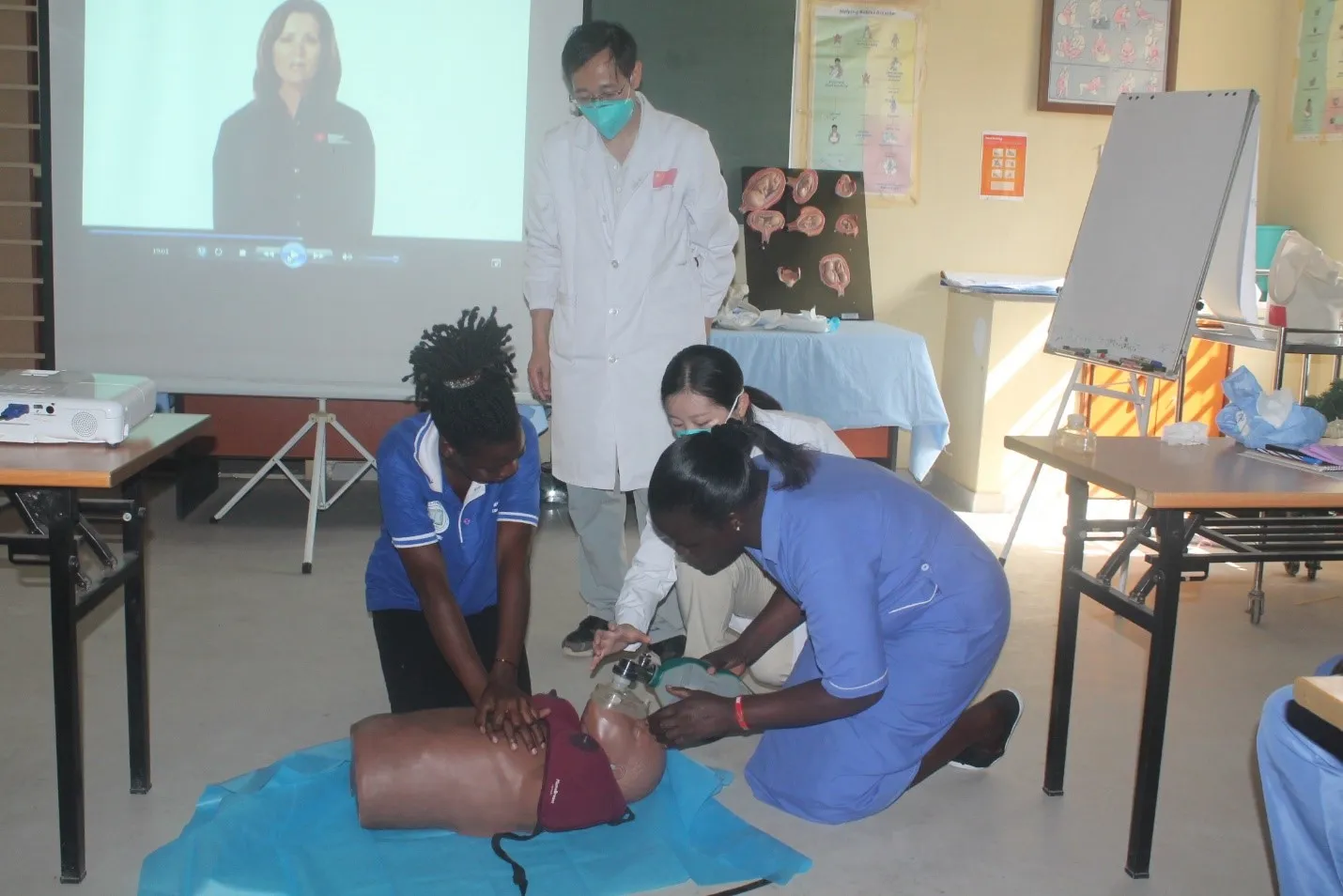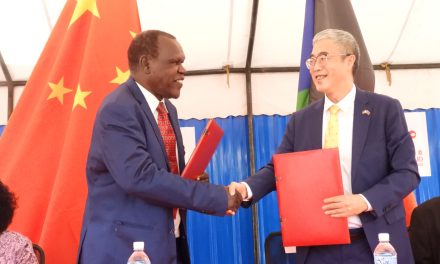
More food assistance needed to cover shortfall: UN
By Staff Writer
Majority of South Sudanese will increasingly be reliant on humanitarian food assistance this year, due to high food deficit caused by sub-national conflicts and flooding since 2020, said a new report by UN agencies.
The Crop and Food Security Assessment Mission (CFSAM) report released by the Food and Agriculture Organization of the United Nations (FAO) and the World Food Program (WFP) revealed that the country’s food insecurity is at an all-time high after registering seven percent decline in food deficit this year.
It noted the current food deficit estimated at 465,600 tons, will cover the needs of only a third of the 12.2 million population, leaving most people reliant on humanitarian food assistance and imports of essential grains, at prices beyond the reach of ordinary South Sudanese.
South Sudan’s cereal production in 2020 was estimated at 874,400 metric tons, seven percent higher than 818,500 metric tons in 2019.
The country needs 1.3 million metric tons of cereal annually to feed its entire population.
“The marginal gains in cereal production show that where there is peace and stability, the people of South Sudan are able to turn the page on hunger,” said Matthew Hollingworth, WFP Country Director in South Sudan.
The report disclosed that only Western Equatoria state out of the 10 states produced enough cereal for FAO and WFP to purchase locally to feed the hungry in the other nine states.
It added, that Jonglei, Unity and Upper Nile states have the highest cereal deficit levels, accounting for nearly 50 percent of all food insecure people.
“The combined impacts of recurring conflict and huge floods in the three states severely hampered agriculture,” it said.
“But in a country still battered by years of war and the ravages of climate change, modest improvements are far from enough to end food insecurity, which is the highest ever. Disrupted livelihoods, heavy losses in livestock and other assets and high food prices are pushing the average family deeper into poverty and hunger,” said Hollingworth.
The latest integrated food security phase classification assessment released early this year warned that 7.24 million people will face severe acute hunger at the height of the lean season between May and July, while 1.4 million children will be acutely malnourished.
It noted, that violence and conflict, competition among groups over resources such as farmland and water, as well as new protracted displacements due to violence and floods both destroyed assets and eroded communities’ resilience.
Meshack Malo, FAO representative in South Sudan said, lasting peace is the solution to enable communities to benefit from South Sudan fertile soils, produce their own food and exit from humanitarian aid.
“Our priority is to unleash South Sudan’s potential, increase crop production and to allow communities to contribute to the expansion of the planted areas,” said Malo.




































